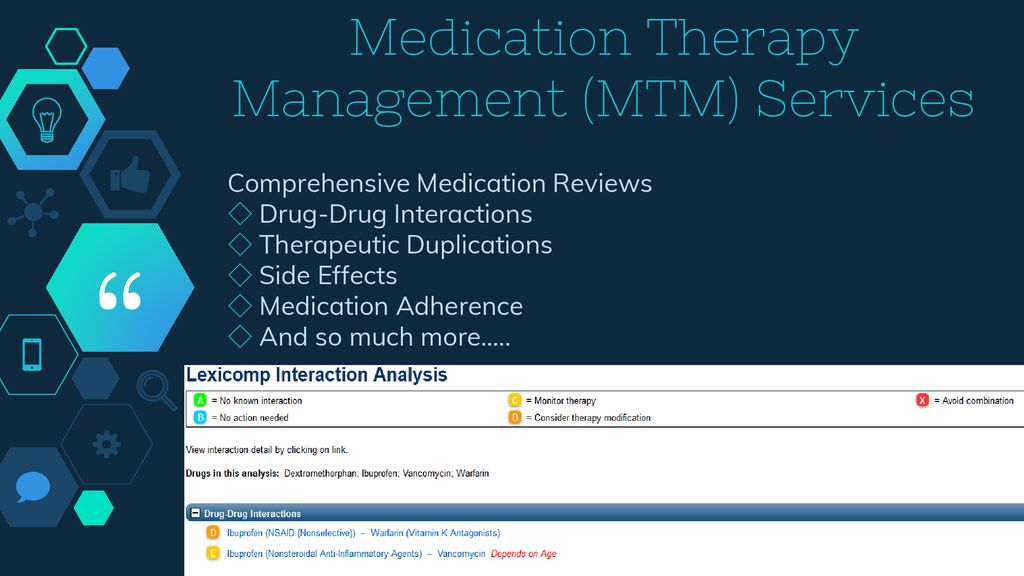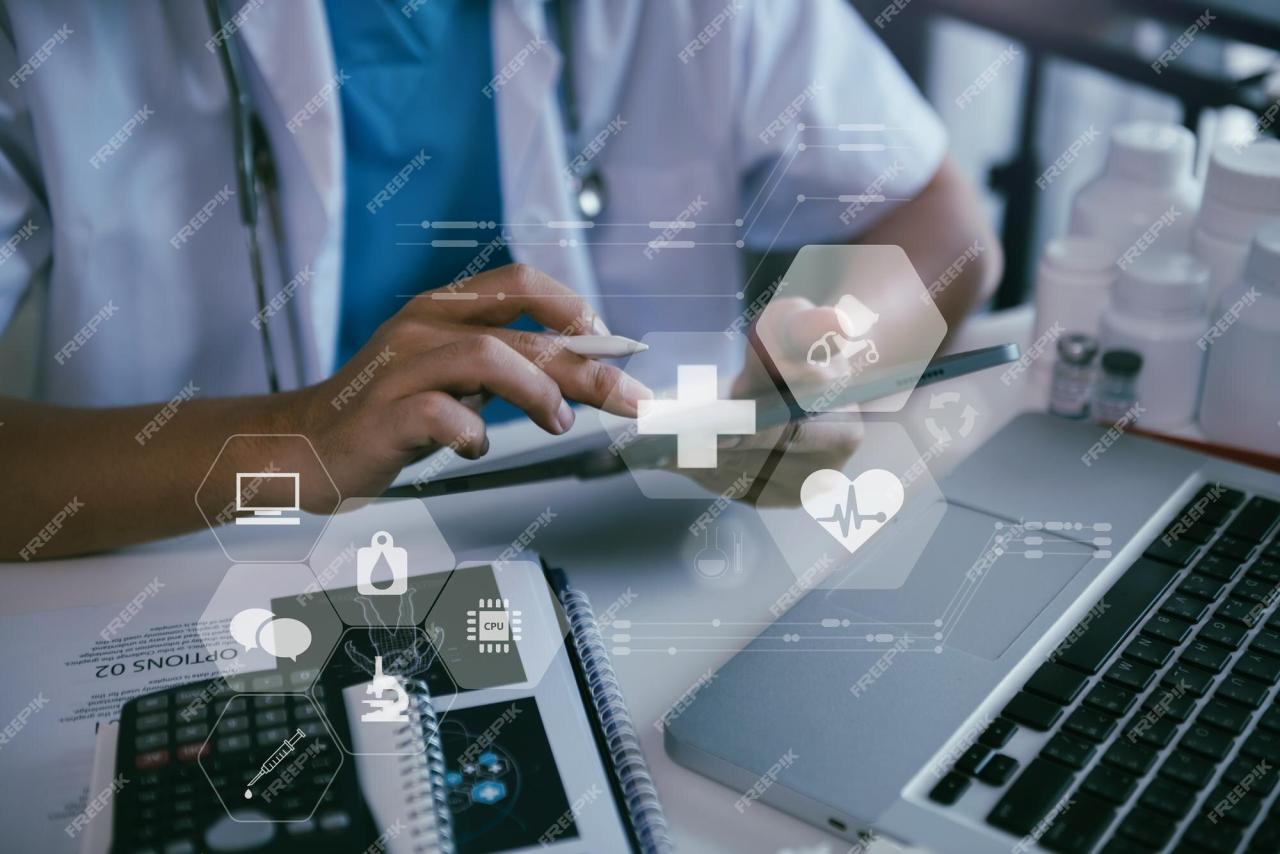Clinical Trial Technology: Revolutionizing Research
Clinical trial technology sets the stage for a fascinating exploration of how advancements in technology are transforming the landscape of medical research. From electronic data capture systems to wearable sensors […]
Clinical trial technology sets the stage for a fascinating exploration of how advancements in technology are transforming the landscape of medical research. From electronic data capture systems to wearable sensors and telemedicine platforms, these tools are streamlining the clinical trial process, improving data quality, and enhancing patient engagement.
The evolution of clinical trial technology has been driven by the need for more efficient, accurate, and patient-centric research methods. By leveraging technology, researchers can gather data more effectively, analyze it with greater precision, and ultimately, accelerate the development of new treatments and therapies.
Introduction to Clinical Trial Technology
Clinical trial technology encompasses the various digital tools and software applications used to manage, conduct, and analyze clinical trials. It plays a pivotal role in facilitating efficient and effective research by automating tasks, enhancing data quality, and improving collaboration among stakeholders.
Clinical trial technology has undergone significant evolution over the years, driven by advancements in computing power, data storage, and communication technologies. This evolution has led to the development of sophisticated systems that streamline the entire research process, from patient recruitment to data analysis.
Benefits of Clinical Trial Technology
The integration of technology into clinical trials offers numerous benefits, including:
- Improved Efficiency and Speed: Automation of tasks such as data entry, data management, and communication reduces manual effort and accelerates the research process. This allows for faster recruitment of participants, quicker data collection, and more rapid analysis, ultimately leading to faster trial completion.
- Enhanced Data Quality and Integrity: Digital systems provide robust data management capabilities, ensuring data accuracy, consistency, and traceability. This reduces the risk of errors and improves the reliability of research findings.
- Increased Collaboration and Communication: Technology facilitates seamless communication and collaboration among researchers, sponsors, and other stakeholders. This allows for efficient sharing of information, real-time updates, and coordinated decision-making, fostering a collaborative research environment.
- Enhanced Patient Engagement: Digital tools can be used to engage patients in the research process, providing them with access to information, facilitating communication, and enabling remote participation. This empowers patients to actively participate in their healthcare journey and contribute to the advancement of medical knowledge.
- Reduced Costs: By streamlining processes and improving efficiency, clinical trial technology can significantly reduce the overall cost of conducting research. This allows for more cost-effective studies and greater access to innovative treatments for patients.
Key Technologies in Clinical Trials
Clinical trials have undergone a significant transformation in recent years, driven by advancements in technology. These technologies have revolutionized various aspects of clinical research, from data collection and analysis to patient engagement and communication.
Key Technologies in Clinical Trials
The integration of technology in clinical trials has brought about numerous benefits, enhancing efficiency, accuracy, and patient experience. Below is a table outlining some of the key technologies and their impact on clinical research:
| Technology | Description | Benefits | Challenges |
|---|---|---|---|
| Electronic Data Capture (EDC) | EDC systems are software applications that enable the electronic collection, management, and analysis of clinical trial data. They replace traditional paper-based data collection methods, streamlining data entry and reducing errors. |
|
|
| Wearable Sensors | Wearable sensors, such as smartwatches and fitness trackers, can continuously collect physiological data from participants, including heart rate, activity levels, sleep patterns, and more. This real-time data provides valuable insights into patient health and disease progression. |
|
|
| Mobile Apps | Mobile applications designed specifically for clinical trials can facilitate communication between researchers and participants, provide medication reminders, collect patient-reported outcomes, and even track adherence to study protocols. |
|
|
| Telemedicine | Telemedicine involves the use of technology to provide healthcare services remotely, such as virtual consultations, remote monitoring, and data transmission. In clinical trials, telemedicine can improve access to care for participants in remote locations and enhance patient follow-up. |
|
|
Data Management and Analysis
Data management and analysis are critical aspects of clinical trials. They involve the collection, storage, processing, and interpretation of data to ensure the safety and efficacy of investigational drugs or treatments.
Data Integrity and Security
Data integrity and security are paramount in clinical trials. Data must be accurate, complete, and reliable to support valid conclusions. Compromised data can lead to misleading results, jeopardizing patient safety and the success of the trial.
- Accuracy: Data must be free from errors and reflect the true values. This involves careful data entry, validation, and quality control measures.
- Completeness: All relevant data points should be collected and recorded. Missing data can introduce bias and limit the analysis.
- Reliability: Data should be consistent and reproducible. This involves using standardized procedures and ensuring data is collected and stored securely.
- Security: Protecting data from unauthorized access, use, disclosure, disruption, modification, or destruction is crucial. Secure data storage and access controls are essential to maintain confidentiality and prevent data breaches.
Role of Technology in Data Management and Analysis
Technology plays a pivotal role in data management and analysis in clinical trials, facilitating efficient and accurate data collection, storage, and analysis.
- Electronic Data Capture (EDC): EDC systems allow for secure and efficient data collection, reducing errors and improving data quality. They provide real-time data monitoring and facilitate data analysis.
- Data Warehousing and Data Management Systems: These systems provide centralized storage and management of large volumes of clinical trial data, enabling efficient retrieval and analysis.
- Statistical Software: Statistical software packages are used for data analysis, generating descriptive statistics, performing hypothesis tests, and developing statistical models.
- Cloud Computing: Cloud-based platforms offer scalable storage and computing resources, enabling efficient data management and analysis. They also facilitate collaboration and data sharing among stakeholders.
Improving Data Quality and Efficiency
Technology can enhance data quality and efficiency in clinical trials through various means:
- Automated Data Entry: EDC systems can automate data entry, reducing manual errors and improving data accuracy.
- Real-Time Data Monitoring: EDC systems enable real-time monitoring of data, allowing researchers to identify potential issues early and take corrective action.
- Data Validation and Quality Control: Technology can automate data validation and quality control processes, ensuring data accuracy and consistency.
- Data Visualization: Data visualization tools allow for interactive exploration and analysis of data, facilitating insights and understanding.
Patient Recruitment and Engagement

Recruiting patients for clinical trials is a crucial step in the research process, but it often presents significant challenges. Finding the right participants who meet the study criteria can be time-consuming and expensive, and many potential participants are hesitant to enroll.
Technology has emerged as a powerful tool to overcome these challenges and enhance patient recruitment and engagement in clinical trials.
Utilizing Technology for Patient Recruitment
Technology plays a pivotal role in reaching and engaging potential participants.
- Online Platforms and Social Media: Websites, social media platforms, and online forums provide a vast reach to target specific patient populations based on demographics, medical conditions, and interests. These platforms allow researchers to disseminate information about clinical trials, answer questions, and collect inquiries from interested individuals.
- Mobile Applications: Mobile applications offer a convenient and accessible way for potential participants to learn about clinical trials, track their health data, and connect with research teams. These apps can also be used to send reminders, collect data, and facilitate communication between researchers and participants.
- Electronic Data Capture (EDC): EDC systems streamline data collection, management, and analysis. This technology helps researchers track patient recruitment progress, identify potential participants, and manage patient data efficiently.
Innovative Recruitment Strategies, Clinical trial technology
Several innovative strategies utilize technology to enhance patient recruitment:
- Targeted Advertising: Online advertising platforms allow researchers to target specific demographics and interests, reaching individuals more likely to be interested in participating in clinical trials. This approach increases the likelihood of finding qualified participants.
- Patient Portals: Patient portals provide a secure platform for patients to access their medical records, communicate with healthcare providers, and learn about clinical trials relevant to their conditions. These portals can facilitate patient engagement and streamline the recruitment process.
- Artificial Intelligence (AI): AI algorithms can analyze large datasets of patient information to identify individuals who meet the criteria for specific clinical trials. This technology can significantly speed up the recruitment process and improve the efficiency of finding suitable participants.
Final Review
As we look toward the future, the integration of artificial intelligence, machine learning, and other cutting-edge technologies promises to further revolutionize clinical trials. These advancements will enable researchers to personalize treatments, predict patient outcomes, and ultimately, bring life-changing therapies to patients faster than ever before.
Clinical trial technology is constantly evolving, requiring robust infrastructure and seamless integration. This is where reliable technology support services play a crucial role. From data management and analysis to communication and security, a strong technology foundation ensures the success and integrity of clinical trials.










